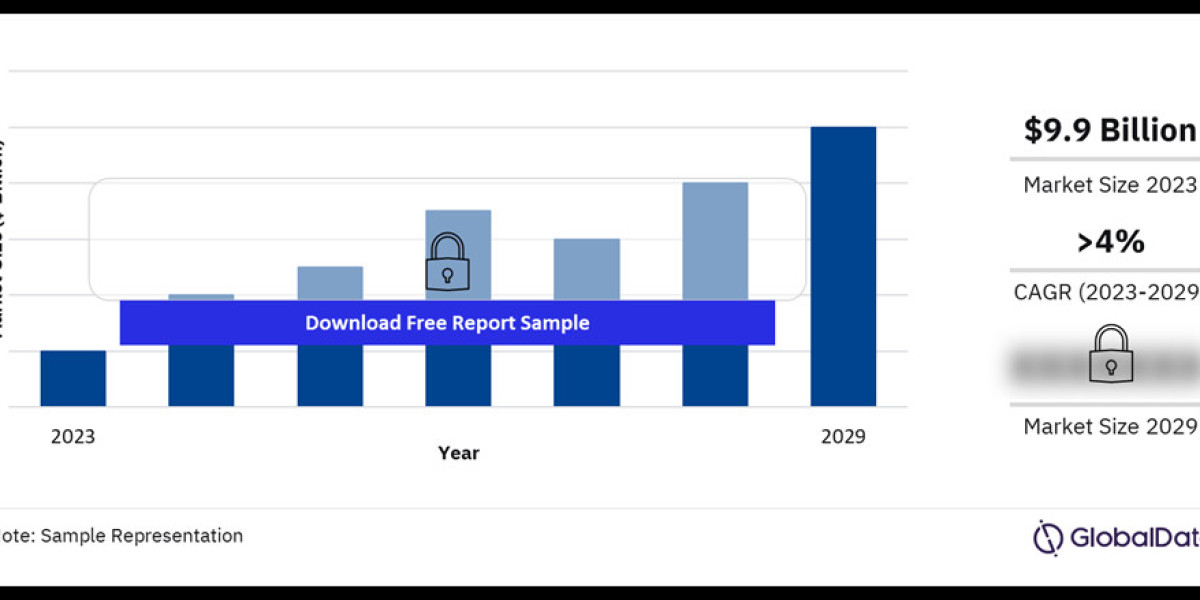Streamlining Your Data Ecosystem with Advanced Data Integration Engineering Services
In today’s data-driven world, advanced Data Integration Engineering Services have become a cornerstone for businesses aiming to build cohesive and efficient data ecosystems. As organizations increasingly rely on diverse data sources, the need for seamless integration and real-time accessibility is more critical than ever. These services enable businesses to unify disparate data systems, drive insights, and support decision-making processes, ensuring they remain competitive in a fast-paced digital landscape.
What Are Data Integration Engineering Services?
Data Integration Engineering Services encompass the strategies, tools, and processes used to consolidate data from multiple sources into a unified, accessible format. These services are designed to handle complex integrations, ensuring data quality, consistency, and reliability across platforms.
Whether it’s combining data from legacy systems or integrating cutting-edge cloud applications, these services play a pivotal role in creating a centralized data repository that supports advanced analytics and operational efficiency.
The Benefits of Advanced Data Integration Engineering Services
1. Improved Data Accessibility
Integrating multiple data sources ensures that critical information is accessible in real-time, empowering teams with the insights they need to make informed decisions.
2. Enhanced Data Quality
These services often include data cleansing and validation processes, ensuring that the integrated data is accurate, consistent, and reliable.
3. Streamlined Operations
By automating data integration processes, businesses can reduce manual workloads, improve efficiency, and eliminate errors caused by human intervention.
4. Cost Efficiency
Advanced integration solutions help reduce operational costs by minimizing redundancies, optimizing resource usage, and automating routine tasks.
5. Scalability
As businesses grow, data integration services can scale to accommodate new systems, applications, and data volumes without disrupting operations.
Key Features of Reliable Data Integration Engineering Services
1. Multi-Source Compatibility
Integration services should support a wide range of data sources, including on-premises systems, cloud platforms, APIs, and IoT devices.
2. Real-Time Data Processing
The ability to process and synchronize data in real-time ensures businesses stay agile and responsive.
3. Robust Security Protocols
Secure data transfer methods and compliance with industry regulations are essential for protecting sensitive information.
4. Customization Capabilities
Tailored solutions that adapt to unique business needs are crucial for effective integration.
5. Advanced Analytics Support
Integrated data should seamlessly feed into business intelligence and analytics tools, enabling deeper insights and predictive capabilities.
How Data Integration Engineering Services Transform Business Operations
1. Unifying Data Silos
Many businesses struggle with data silos that hinder collaboration and efficiency. Integration services eliminate these barriers, creating a unified data environment.
2. Driving Innovation
With a streamlined data ecosystem, businesses can focus on innovation, leveraging integrated insights to develop new products, services, and strategies.
3. Enhancing Customer Experience
Access to consolidated customer data allows for personalized experiences, improving satisfaction and loyalty.
4. Accelerating Digital Transformation
Data integration services are essential for businesses embarking on digital transformation journeys, enabling seamless transitions to modern technologies.
Tips for Choosing the Right Data Integration Engineering Services
1. Define Your Objectives
Clearly identify your data integration goals and challenges to find a solution that aligns with your needs.
2. Prioritize Scalability
Choose a service that can grow with your business, accommodating future data sources and volumes.
3. Evaluate Security Measures
Ensure the service provider implements robust encryption, access controls, and compliance frameworks.
4. Look for Real-Time Capabilities
Opt for solutions that offer real-time data processing to maintain agility and competitiveness.
5. Test Compatibility
Verify that the integration service is compatible with your existing systems and applications.
Industries Benefiting from Data Integration Engineering Services
1. Healthcare
Integration services consolidate patient records, enabling seamless care coordination and compliance with healthcare regulations.
2. Retail
Retailers use integrated data to analyze customer behavior, optimize supply chains, and enhance inventory management.
3. Finance
Financial institutions rely on integration services to unify transaction data, ensure regulatory compliance, and detect fraud.
4. Manufacturing
Manufacturers leverage integrated systems for real-time monitoring of production processes and supply chain operations.
5. E-commerce
Integration services help e-commerce businesses combine sales data, customer feedback, and marketing analytics to improve operations and customer satisfaction.
Future Trends in Data Integration Engineering Services
1. AI and Machine Learning Integration
AI-driven solutions will play a key role in automating complex integration processes and generating predictive insights.
2. Cloud-Native Integration
As more businesses move to the cloud, integration services will increasingly focus on cloud-native tools and frameworks.
3. Emphasis on Data Governance
With growing concerns over data privacy, integration services will incorporate advanced governance features to ensure compliance and transparency.
4. Edge Computing Support
Integration services will adapt to include edge computing capabilities, allowing for localized data processing closer to the source.
Investing in advanced Data Integration Engineering Services is a strategic move for any business aiming to streamline its data ecosystem and unlock the full potential of its data. By consolidating disparate data sources, ensuring quality and consistency, and enabling real-time accessibility, these services provide the foundation for innovation, efficiency, and growth.
Whether you’re tackling data silos, enhancing customer experiences, or embarking on a digital transformation journey, data integration services offer the tools and expertise needed to succeed in a data-driven world. Embrace the power of integration to stay ahead of the curve and achieve your business objectives with confidence.









